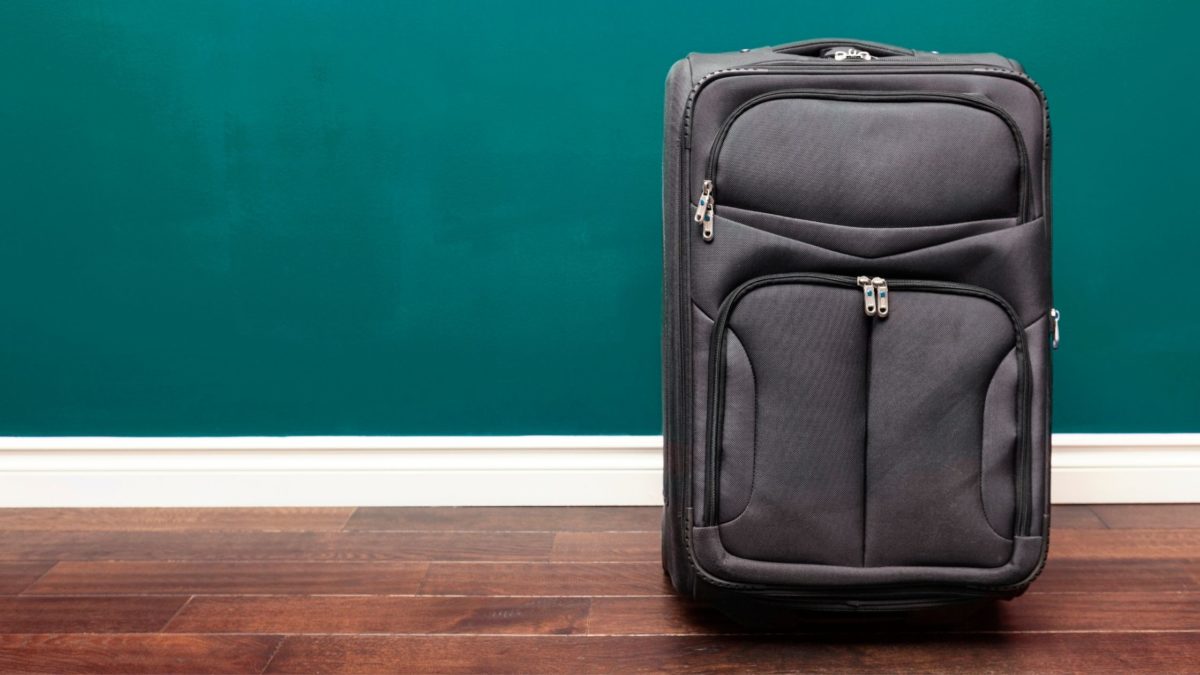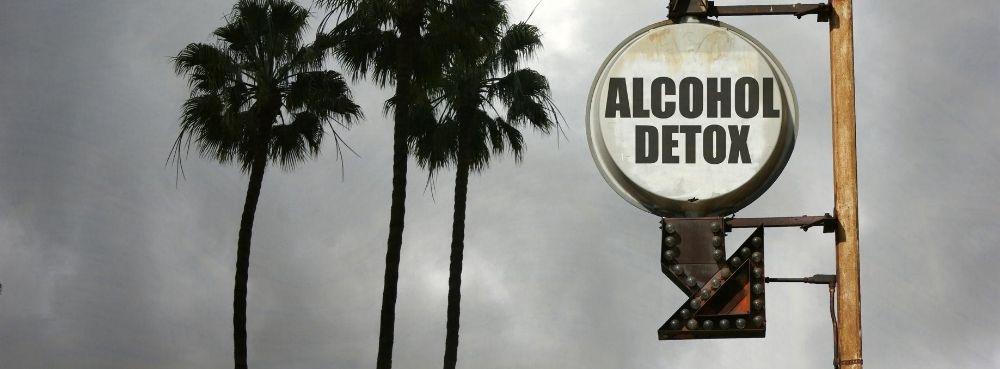Even as knowledge and acceptance of addiction treatment have become more widespread, exactly how the process works is still one shrouded with fallacies and misconceptions. ‘Detox’ and ‘rehab’ are two of the most commonly used terms of addiction treatment jargon –and perhaps the most misunderstood. In this article, we’ll go beyond the difference between detox and rehab and get into the nitty-gritty of when these steps occur, how they complement each other, and what you can expect from each.
What Is Detox?
There’s a very good chance that even if you had never touched a single drug in your life, you would’ve heard this term. Detox, short for detoxification, is the act of purging the body of toxic substances. One of the reasons there is so much confusion around the term is that it has become co-opted by the wellness movement. It has since been adopted into the mainstream and its mention evokes thoughts of questionable green juices, liquid diets, and stock photos of women smiling while holding various types of produce. While the efficacy of these types of “cleanses” is dubious at best, the principle behind them is similar to that of a drug or alcohol detox.
In the scope of drug addiction treatment, detox is a medical procedure. Medicine and other equipment are used to facilitate the removal of substances from the body. Because drugs can severely alter brain chemistry, the resulting removal can cause unpleasant, and sometimes life-threatening, side effects are known as withdrawal. For this reason, drug and alcohol detoxes are almost always conducted in a clinical setting, with constant monitoring from medical personnel.
In certain cases, detox programs will incorporate holistic therapies such as yoga, meditation, or massage. Medication can also be used to assist with the psychological effects of withdrawal as well.
What Is Rehab?
The shortened version of the word is commonplace. While the use of the word is still related to its original context, it’s turned the act of rehabilitation into a place, a location, a destination. As such, the term can hold a lot of mystery and is why detox and rehab are often seen as different types of treatment, rather than different aspects of overall recovery.
Rehabilitation can be necessitated by things other than drug use, such as physical injury or disease treatment. In the case of drug addiction, rehabilitation is a process of restoring individuals both physically and mentally, enabling them to once again function normally within society. This is done primarily by addressing the psychological aspect of addiction, although medical treatment can be involved in this stage as well.
Long-term, chronic substance use can literally rewire the brain which makes it difficult for individuals to function in its absence. This results in the compulsive behavior that defines addiction and can make it impossible for someone to kick this habit on their own. Rehab is able to help deprogram the addict’s mind by providing a controlled environment designed to be free of triggers or other negative influences. Rehab is not just a safe space for drug addicts to get clean, but a personalized curriculum of therapy, counseling, and treatment.
Detox vs. Rehab: What Are the Differences?
Detox and rehab are two sides of the same coin. The primary difference between the two is that medical detox focuses on the first days and weeks of recovery while rehab focuses on long-term recovery. Because of their different focuses, there are a number of key differences between the two–here are the biggest ones:
Which Comes First?
Medical detox is the first step of the recovery process. Most, if not all, addiction treatment centers will require patients to have undergone detox. It is only when all traces of the drug have been removed from the body can it re-learn to function without it. Detox, however, can be done independently of rehab and does not require individuals to be enrolled in a drug rehab program. Keep in mind that although it is not required, simply going to detox is not enough to overcome addiction. Individuals are still just as likely to continue abusing drugs if the root of this behavior is not corrected.
Length of Treatment
Medical detox is the shorter of the two, typically lasting a few days to a week. The exact timeframe can vary depending on the substance and the severity of addiction, among other factors. Drug addiction rehab is much longer, with treatment ranging from 30 days to a full year. As is the case with detox, how long treatment will take will vary based on the individual. The National Institute on Drug Abuse recommends seeking treatment for a minimum of 90 days.
Inpatient vs. Outpatient
Both detox and rehab are available as either inpatient or outpatient programs. Naturally, inpatient programs are much more intense but can warrant the most effective results. Outpatient is typically used for those with minor addictions. Both options are readily available for drug rehab, but less so for detoxification. Outpatient detoxification is less common, mainly because it lacks the support of going through withdrawal that the usual “detox” provides. This arrangement allows clients to go to treatment during the day but resides at their own residence at night.
Finding The Right Addiction Treatment Program For You
Both detox and rehab are essential aspects of overcoming drug addiction. While many think of it as detox vs rehab, the truth is that these are merely different stages of the same process. Neither is a marker of guaranteed success but is an important step in the right direction. Have patience in the process, and bear in mind that it may take a couple of tries for sobriety to stick. To give yourself the best odds, it’s important to do your research and find the best rehab for you–and it might not be the one that’s closest.




